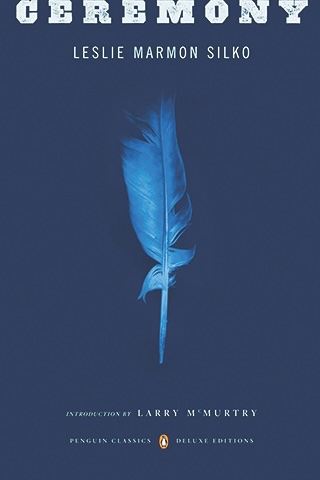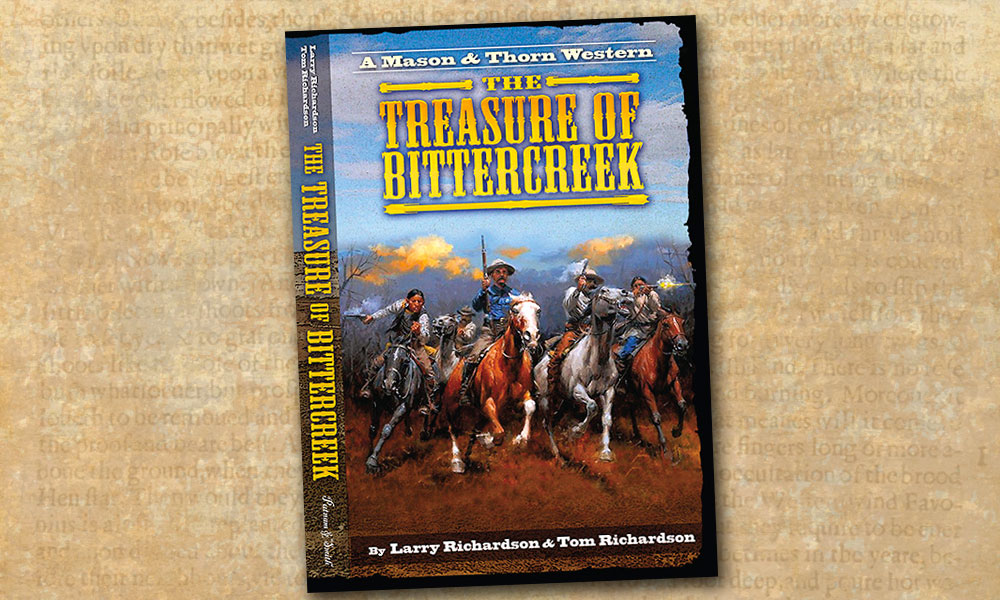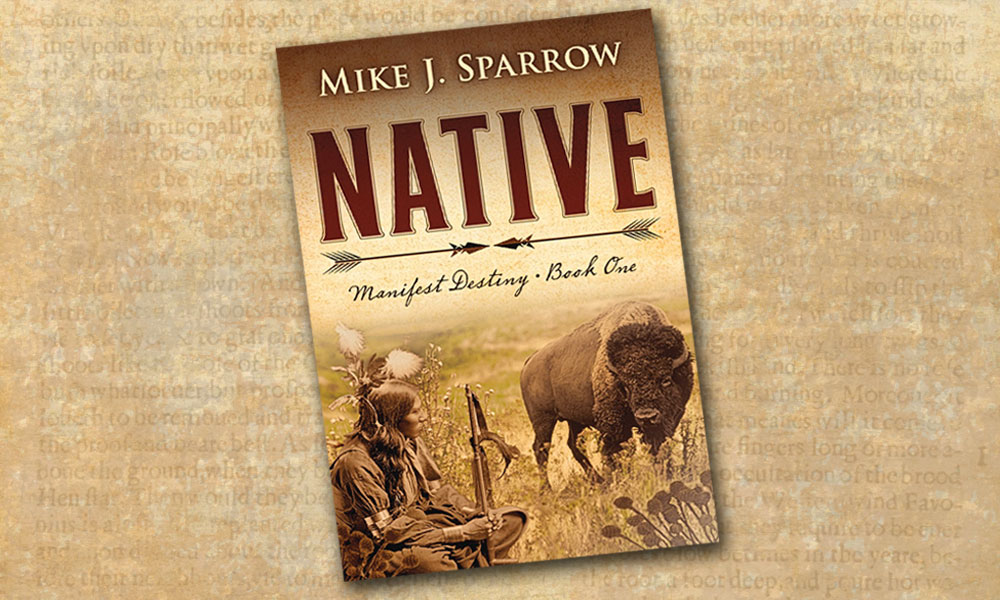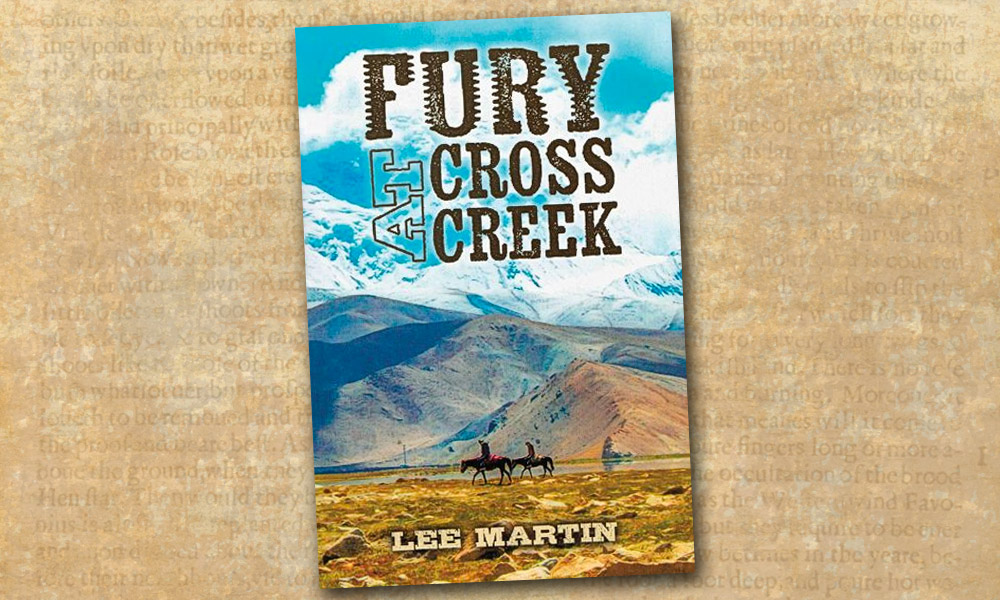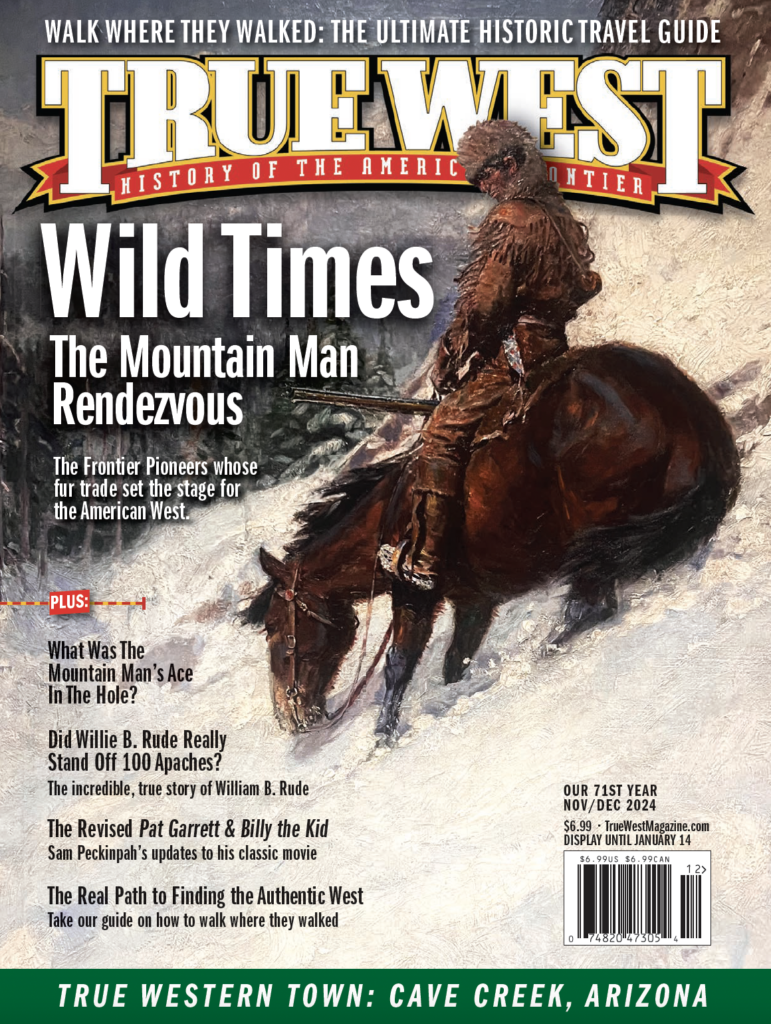In the annals of North American history, the fabled lore of the horse and the mountain man are two of the most chronicled and beloved. From Columbus’s introduction of the horse to the New World in 1494 to the empirical battle to control North America through the fur trade, the wild mustang and equally untamed fur trapper remain legendary icons of the American West.
Long before the first companies of European fur trappers arrived in North America, the Spanish Empire brought the horse to the shores of the Caribbean Islands and Mexico. Colorado historian Randi Samuleson-Brown’s latest book, The Western Horse: A Popular History of the Wild and Working Animal (TwoDot, $22.95), is an excellent primer on the saga of how the storied steed became the most important animal in the settlement of the New World and the legendary animal it is today.
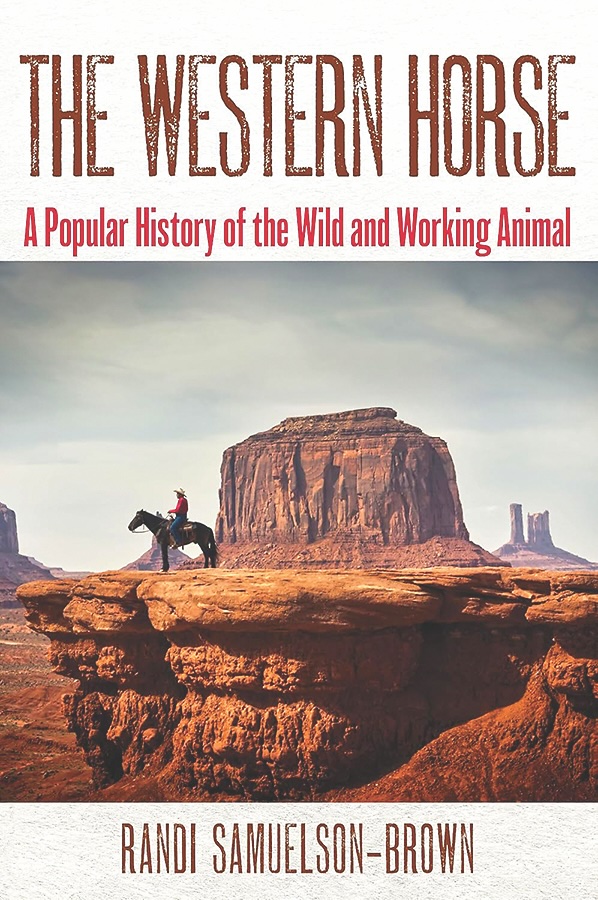
Readers of The Western Horse will appreciate the way Samuelson-Brown organizes her book chronologically and topically with endnotes provided at the conclusion of each chapter. Educators—at any level—will discover this fresh, new volume on the legendary Western caballo an accessible resource for research and teaching about the horse in American history.
For scholars and novelists of the fur trade and mountain men, Ashley and Henry’s Rocky Mountain Fur Company is one of the most researched, recorded and recounted in popular culture. Bob Drury and Tom Clavin’s Throne of Grace: A Mountain Man, an Epic Adventure, and the Bloody Conquest of the American West (St. Martin’s Press, $30) should be considered one of the best biographies of Jedediah Smith and best Western history books of the year. Supported by excellent maps and illustrations, Throne of Grace is a primer on the international fur trade and conflicts between European empires, Native tribes and the emerging American nation for control of the West and its resources. And as Drury and Calvin demonstrate in their dramatic narrative, fur trapper and trailblazer Jedediah Smith was at the center of America’s expansion in the early decades of the 19th century.
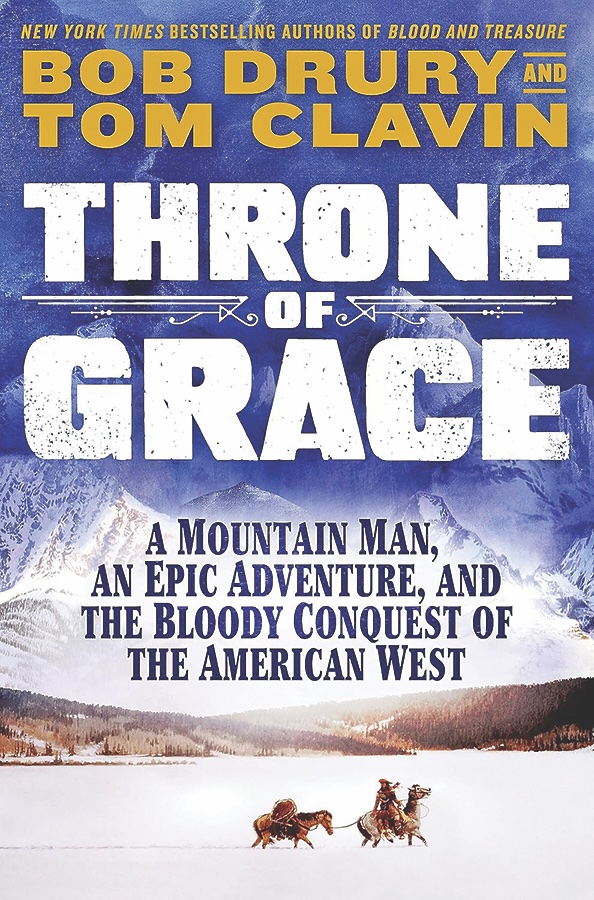
For the past two decades the writing duo of Drury and Clavin has become well-established in the genre of popular Western history, and the genre is better for it. They have a dynamic literary style that brings history alive and accessible for the modern reader while mining familiar subjects and topics for new audiences of the subject matter. For those who are familiar with the fur trade and the annals of the American mountain men of the early decades of the 19th century, Drury and Clavin’s Throne of Grace is an excellent new recounting of the era and should inspire a new appreciation for the courage, bravery and folly of the fur trappers who plied their trade against all odds across the continent. As one who has greatly admired the mountain men and their audaciousness, I am inspired to read further, set my horizons to venture into the heart of the West and retrace their routes in hopes of viewing, in some small way, the same grand vistas that greeted them two centuries ago.
—Stuart Rosebrook
A Western Classic
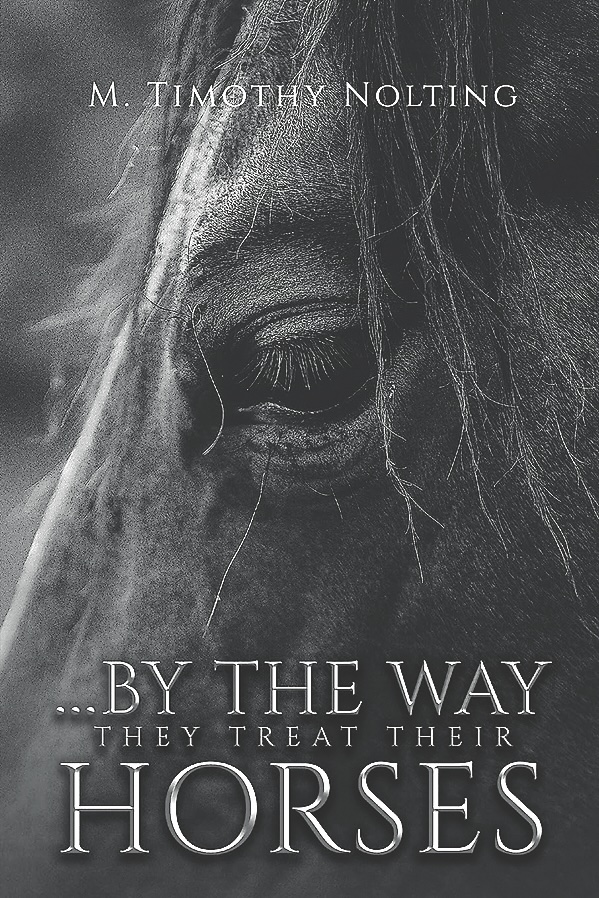
When a traditional Western author exceeds expectations, it’s cause for celebration. Author M. Timothy Nolting’s novel …By the Way They Treat Their Horses (Austin Macauley, $13.78) is a real gem. The fast-action tale gives us reason enough to cheer, but his characters occupy a literary stratosphere reserved for the truly unique. Oklahoma homesteader Eli Brandt is as vile a figure as you’ll ever read about. His Cheyenne wife, Maria, as strongly conflicted. Together—and alone—they bring up a trio of kids on the wind-torn turn-of-the-last-century prairie. It’s young Jacob Brandt who becomes the heart and soul of the tale, struggling against a heritage of anger and violence under the watchful eye of Charlie Davies, a man with reason enough to hate the Brandt family. Eli and Maria’s future is uncertain. Jacob’s redemption isn’t assured. A wonderful debut from a talented new voice, this one’s a page-turner from start to finish.
—Richard Prosch, author of A Gentlemen Detective and Other Western Stories
Golden State Cavalry
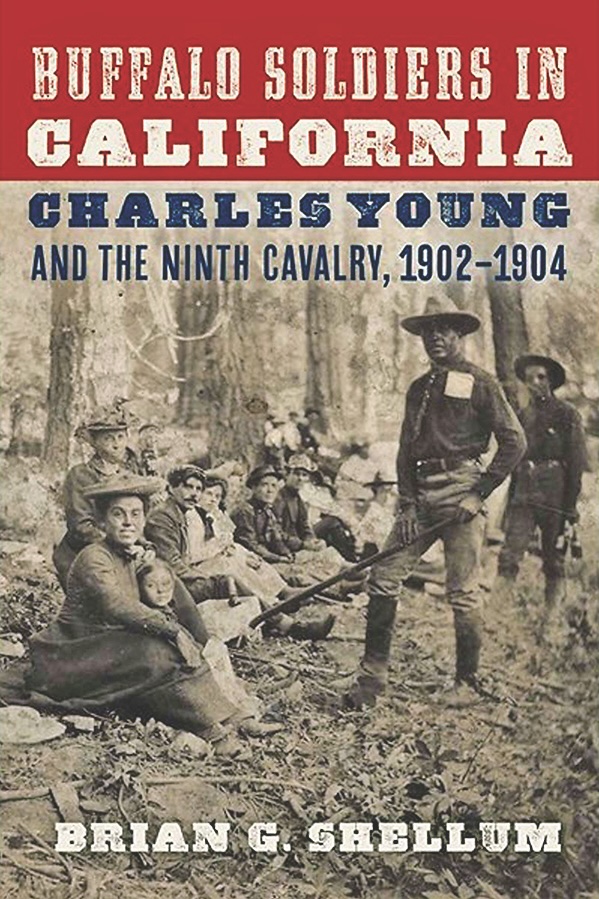
Buffalo Soldiers in California: Charles Young and the Ninth Cavalry, 1902-1904 (Bison Books, $26.95) is a wonderfully fascinating story. Retired army and intelligence officer turned government historian Brian G. Shellum, in what could be considered a follow-up to his 2021 book Buffalo Soldiers in Alaska, has unearthed a mine of information. Charles Young was a studious and youthful Black army officer who, in 1902, was one of only three African American soldiers serving in the U.S. Army. A graduate of West Point (its third Black graduate), Young led troops in the Spanish-American War and saw heavy combat in the Philippine-American War. By the turn of the century, however, Young and his troops were sent to San Francisco and engaged in routine military duties at the Presidio as well as patrolling the newly established national parks of Sequoia and Yosemite. With his troops, whom Young called the “rowdy gang of mine,” early 20th-century California, a state brimming with opportunity population booms, was kept in check. Shellum’s book casts a wider net on the history of African Americans in the United States and their overlooked contributions. Buffalo Soldiers in California is a must read.
—Erik J. Wright, assistant editor of The Tombstone Epitaph
Making Myths, Making History
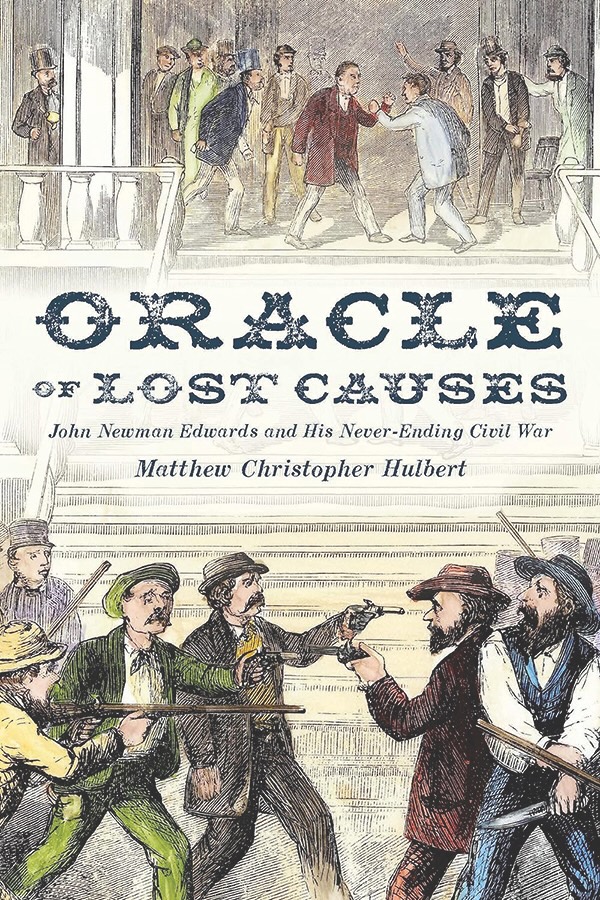
John Newman Edwards was the best press agent a cold-blooded outlaw or a drunken Confederate leader could ever have. Best known for his biased books about Confederate Gen. Joseph O. Shelby and Missouri bushwhackers and his equally one-sided newspaper articles defending Jesse James, Edwards was also a drunkard, duelist, devoted father and a romantic to the core. Matthew Christopher Hulbert brings this “quarrelsome” (an understatement) character to life in Oracle of Lost Causes: John Newman Edwards and His Never-Ending Civil War (University of Nebraska Press/Bison Books, $34.95). More than a biography of a “natural-born troubadour” and “fiercely loyal friend,” this fascinating book shows the Civil War and post-Civil War West for what it was, and how myths and legends were made.
—Johnny D. Boggs, author of Longhorns East and Bloody Newton
Follow the Guidon

The late Robert M. Utley hailed Forts of the Northern Plains: A Guide to Military and Civilian Posts of the Plains Indian Wars (New Edition) (Bison Books, $24.95) by Jeff Barnes as a “very timely and impressive work.” Jerome Greene, a highly respected historian of the West, commented that Barnes’s book “should be on the shelves of everyone with an interest in the West during this traumatic period of American history.” While I am not Utley or Greene, I agree. Forts is a comprehensive, readable and easily accessible guide to the military outposts of Iowa, Minnesota, Montana, Nebraska, North Dakota, South Dakota and Wyoming. Barnes presents a concise informative history on each installation with maps and color photos, and all are divided geographically by state. The author takes it a step further for the adventurous traveler by giving each military post a starred ranking system. This indicates (at time of publication) the site’s accessibility, modern interpretive measures in place and other considerations. Some forts and outposts in the book are mere remnants, while others are National Historic Sites with gift shops and reenactors. Forts of the Northern Plains is a beautifully presented volume and will undoubtedly be an important addition to the study of Great Plains, military and Indian Wars history for decades to come.
—Erik J. Wright, assistant editor of The Tombstone Epitaph
Rough Drafts
From the Pen of Jana Bommersbach
The silence is deafening. When the pen of a great writer is put down for the last time and the words stop singing from their hand to the page, we all hear it. And it is louder than you can imagine.
Since Jana Bommersbach’s passing on July 17, 2024, in Fargo, North Dakota, her voice and joy, her words and wishes, her curiosity and imagination—her passionate pursuit of justice and bringing voice to the voiceless—were suddenly and quietly silenced. Odd and strange how that happens. It will happen to all of us, but no matter who it may be—or the circumstances surrounding each of our last moments on this earthly plain—the quiet that surrounds someone who made their living with words—with storytelling—is not silent at all. In fact, their words, their voices, their wanting to share what they just learned, roars in our ears.
How will we keep Jana’s voice heard beyond our own imagination? The best and only way I know is to keep reading her writing—sharing it with others—and sharing stories of her with all those willing to listen and be inspired.
The best place to start is True West’s archives. Jana, a dear and close friend of TW Executive Editor Bob Boze Bell for 50 years, was a contributor to the magazine from almost the first month BBB owned it. She was a trailblazer on women’s history in the magazine, and 25 years of columns and features beg to be edited into follow-up volumes to Hellraisers & Trailblazers: The Real Women of the Wild West.
Where else can you find Jana’s voice? Go online and you will find her byline in the pages of The Arizona Republic, Phoenix New Times, Arizona Highways and Phoenix Magazine. Jana also brought her voice to television, where her great sense of justice and humor can be discovered in her contributions to PBS and KTVK-TV3. For those of us who followed her writing, she seemed omnipotent, there was nothing she could not do.
And how about her books: take the time to go back and rediscover Jana’s writing, including her novel Cattle Kate: A Mystery, her true-crime nonfiction The Trunk Murderess: Winnie Ruth Judd and Bones in the Desert: The True Story of a Mother’s Murder and a Daughter’s Search.
I promise you—once you start reading Jana Bommersbach—her voice will never be silenced, and it will always be with you.
—Stuart Rosebrook
Building Your Western Library

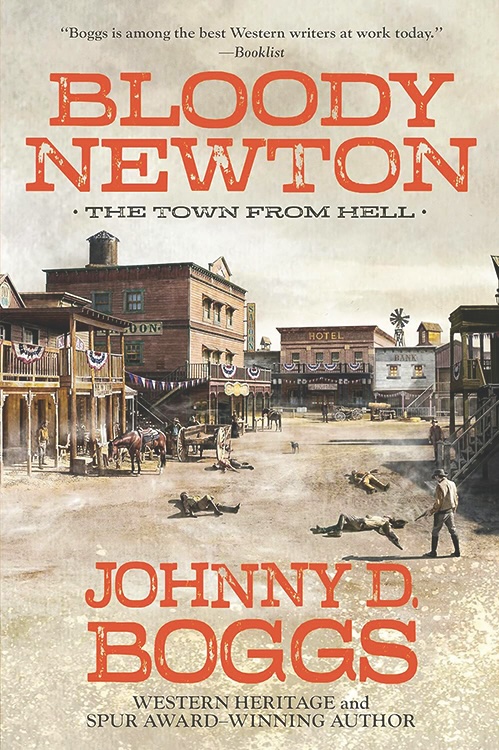
5 Must-Read Classic Westerns Still in Print
Award-winning, New Mexico author Johnny D. Boggs is one of the West’s most respected authorities on Western writing and novelists. A longtime contributor to True West and the editor of Western Writers of America’s Roundup Magazine, Boggs’s latest novel is Bloody Newton: The Town from Hell. Here are five Western novels he believes everyone who loves the genre should know and read.
The Big Sky by A.B. Guthrie Jr. (Mariner Books): Guthrie won his Pulitzer for The Way West (1949), a sequel to this, his best work. The Big Sky (1947) is a searing, unromanticized look at the fur trade and mountain men. The 2002 edition includes Wallace Stegner’s 1965 introduction.
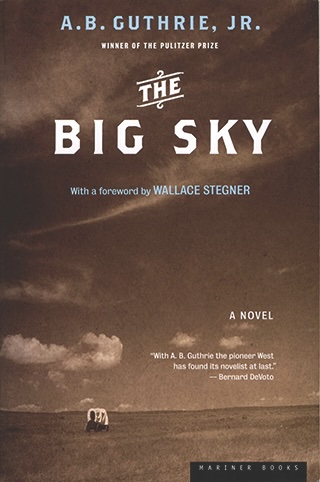
The Hi Lo Country by Max Evans (University of New Mexico Press): Ol’ Max’s most personal novel, set in northern New Mexico just after World War II, is a lean, elegiac and incredibly honest Shakespearean tragedy set in a stark, rapidly changing country. The 2021 edition was released on the 60th anniversary of the novel’s original publication.
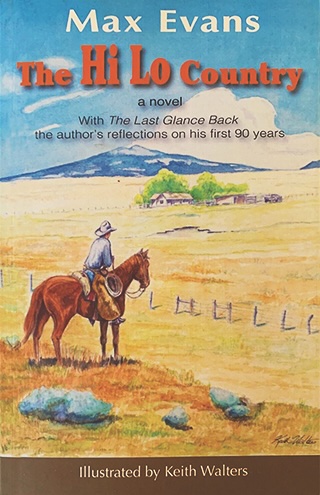
Monte Walsh by Jack Schaefer (University of New Mexico Press): Schaefer might be best known for Shane, but 1963’s Monte Walsh is his masterpiece, told in vignettes that span the life of a cowboy from the 1870s to the early 1900s. The 2017 reprint includes a foreword by Marc Simmons.
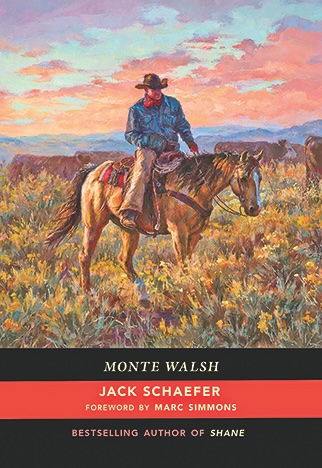
True Grit by Charles Portis (Overlook Press): You’ve probably read it, and likely can recite dialogue verbatim. But this novel remains fresh, vibrant and fun no matter how dog-eared the pages have become. The 2013 paperback release includes an afterword by novelist/essayist Donna Tartt.

Ceremony by Leslie Marmon Silko (Penguin Classics): Critically acclaimed upon its 1977 release, Ceremony follows a Laguna Pueblo World War II vet trying to heal himself through his people’s past. Beautifully written by a woman of Laguna-Mexican-white heritage, this 2016 edition includes an introduction by Larry McMurtry.
